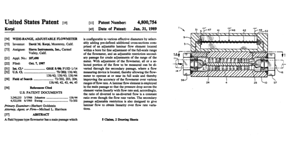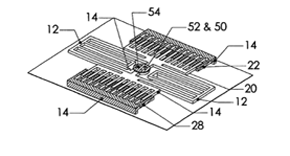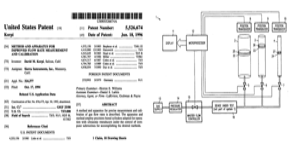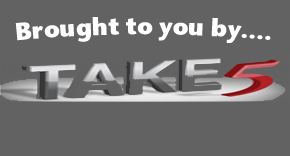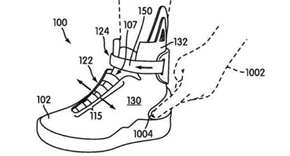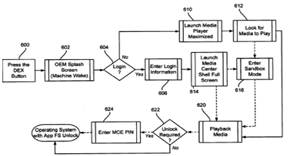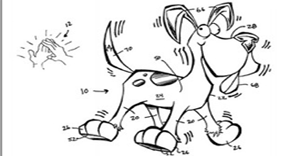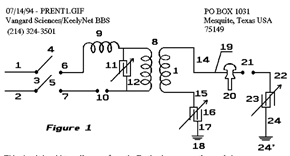The Truth About Patents
Patenting is complex process and not always cheap… nor much protection. If I violate your patent, it is up to you to prove that I did and sue me for damages. If I could afford a lot of legal services, you might find that you would go bankrupt trying to protect what I had stolen. Many have. Many use the Provisional Application for Patent as an “Insurance Policy” that costs just $125 from the USPTO that gives them one year to file their follow on Non-Provisional Utility patent application..
What is a patent worth? Could be millions or nothing, or just a few thousand dollars… How much would some CEO of a company pay if you held a patent application for a system that sounded the horn when you filled your tires with air when they reached the ideal pressure? Wait! Some dude DID invent this and it is worth millions! And.. it was a VERY SIMPLE invention.. We had horns, we had wireless tire pressure transducers.. The BRILLIANCE was to marry the two and make a simple indicating system. The government does nothing to protect you other than give you the paper that says you had the idea first. In return, it requires that you tell anyone who wants to read the patent exactly how your idea works. They don’t investigate or prosecute a violation of a patent, it’s a civil matter only.
Alternatives? The formula for Coca Cola was never patented- but it’s secret, commonly cal, which is far better as patents rights have a time limit and run out. Of course, not everything can be used and still be kept secret.
Another method is to have a non-disclosure agreement (get one at that link..). That is a document someone who is going to be shown your idea signs, agreeing that they will not exploit it or disclose it without your express permission, and exposing them to damages if they do. I run a prototype development business, and we sign those every time we look at a project. All who have access to the workshop or project do the same. This gives the inventor or owner of the product/idea protection from loss of his idea either from our taking advantage of it or someone working or visiting here disclosing it without authority.
To be able to claim the idea is yours you will need to be able to show that it was developed by you prior to the date that someone else can document it being developed elsewhere. Numerous means are used for this. One is a registered letter containing the description and details, sealed in a secure way that would positively indicate if opened, sent to yourself and then stored unopened. Another is a disclosure to a trusted person, wherein they sign and date it. This amounts to an affidavit. Multiple means and good records are the way to go.
A patent can be issued for something very simple. What can’t be patented is something that is not an original idea, or is a combination of original ideas. For example you could patent a pencil or an eraser- but not the combination of the two previously invented items by attaching the eraser to the pencil.
What can’t be patented can usually be copyrighted. Books, designs for clothing and all kinds of things, music, etc- are protected by copyrights, which says that a particular arrangement of materials, chemical processes developed or music composed by you constitute intellectual property and belong to you. Technically, things of that nature are automatically copyrighted by first publication. The formal process or registering one just makes it easier to prove. Again- documentation is the key to security.
Bear in mind that regardless of research- most “new” ideas have been thought of before. A tool company might consider an idea for a new wrench, but decide it wasn’t viable at the time and stick it on a shelf. Later you think of it (independently) and try to patent the idea. Even though they didn’t market or patent it, they had the idea first and you would not be able to succeed with your patent application if that was known.
So- IF you have a new idea, there are ways to protect it. There is no way to absolutely say that your idea is genuinely new, but the protection becomes relevant to the date. If you can prove you had worked on it before I did- you still have leverage. Welll… at least till April 2013 when the America Invents Act brings us to a First To File… If you need to file any kind of Intellectual Property protection then take a look at the Provisional Application for Patent as an ideal method to investigate..
The Truth About Patents

